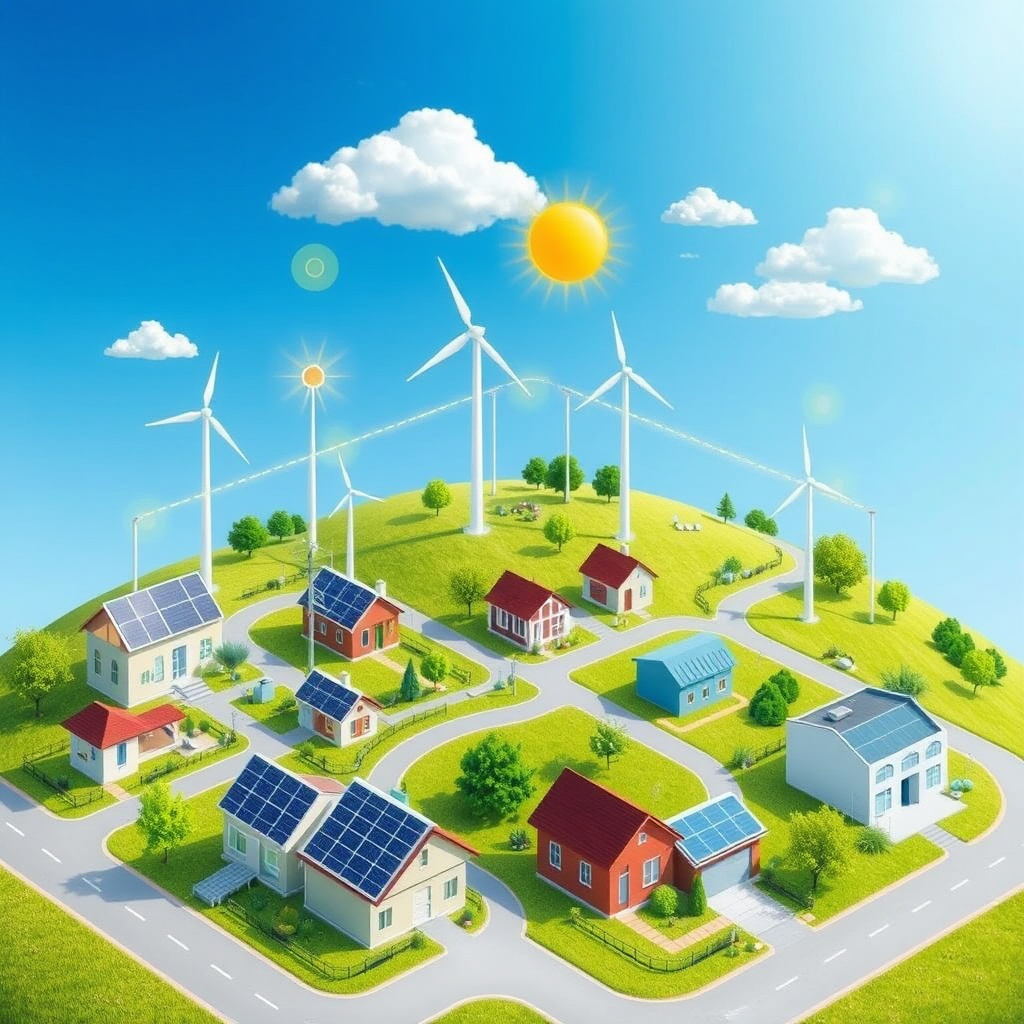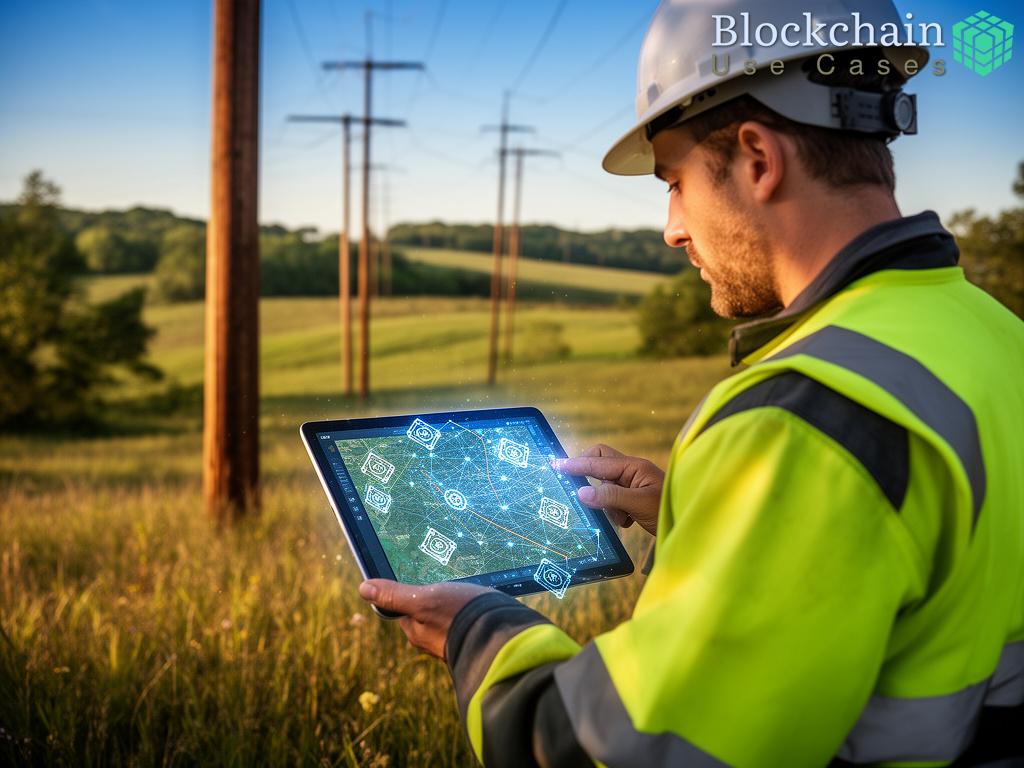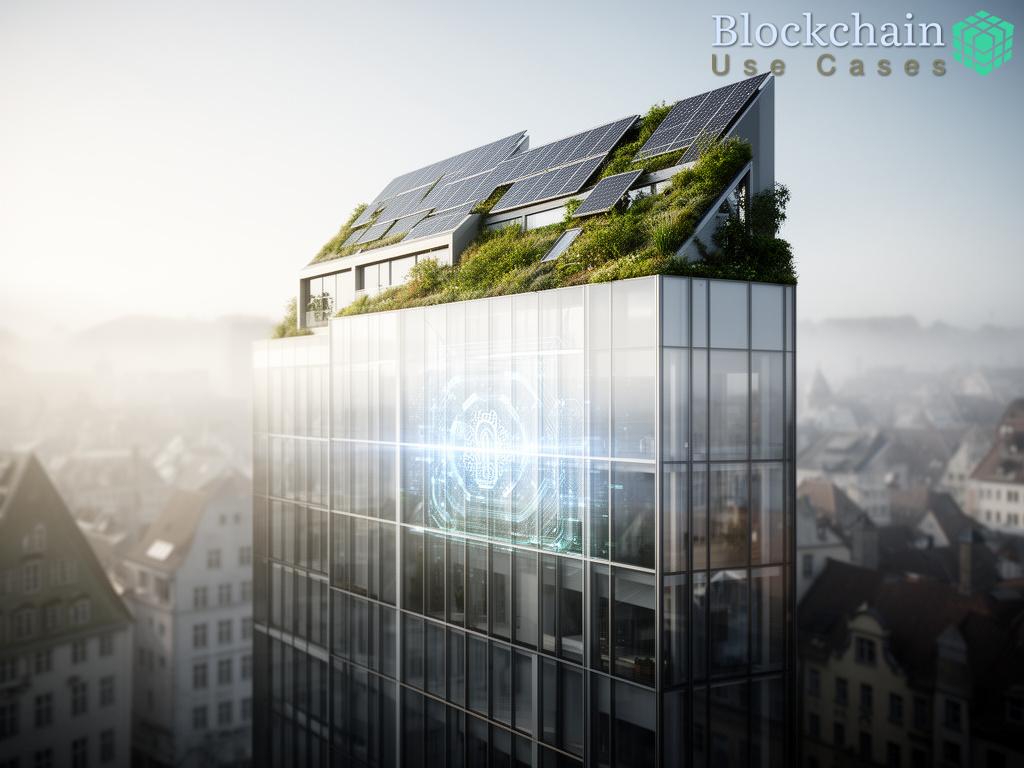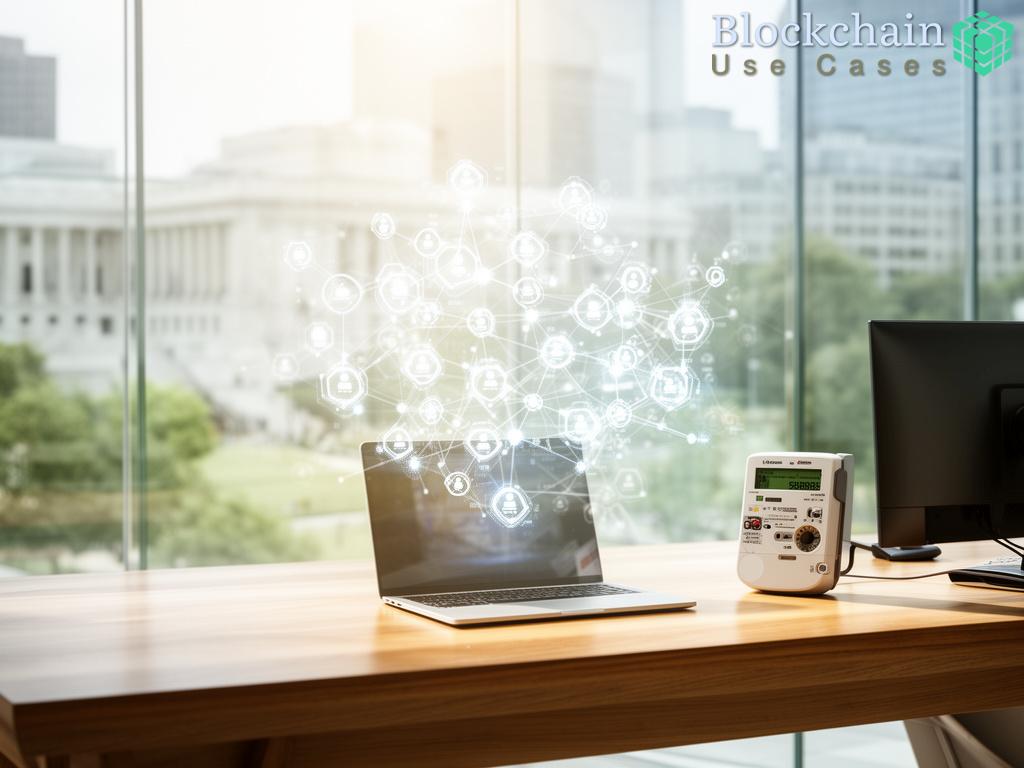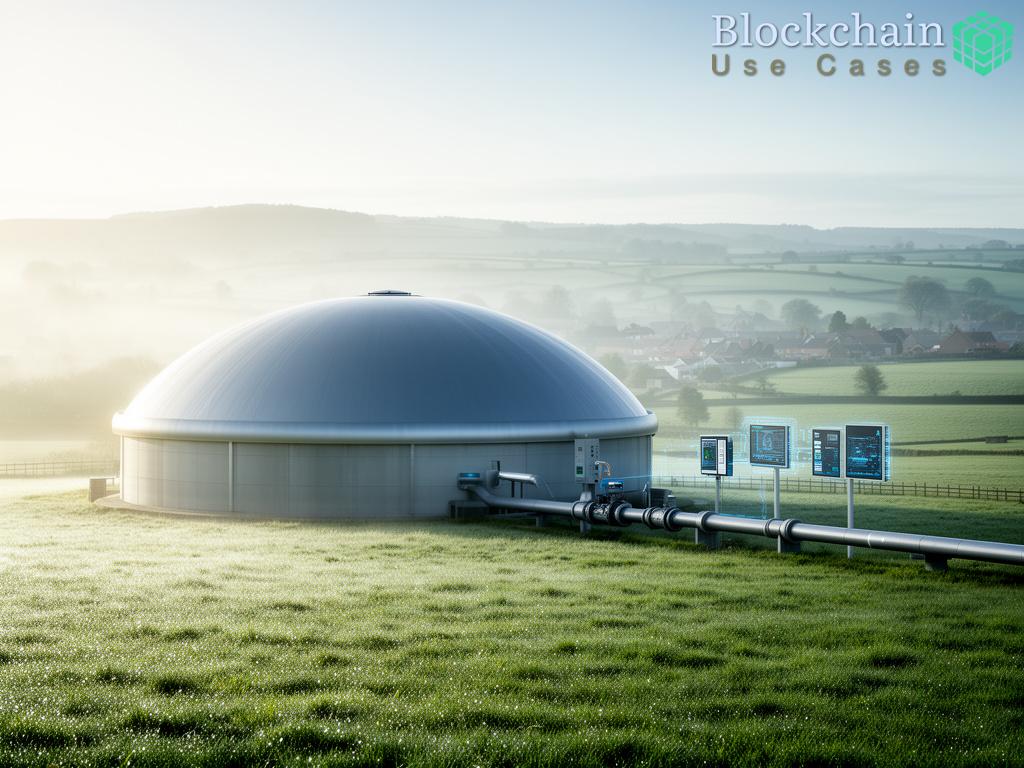The transition to renewable energy sources has led to a paradigm shift in how we generate and consume electricity. The integration of Distributed Energy Resources (DERs) presents both opportunities and challenges that necessitate innovative management solutions. Decentralized systems have emerged as a compelling approach to optimize the operation and control of these resources, enabling more efficient, resilient, and sustainable energy systems.
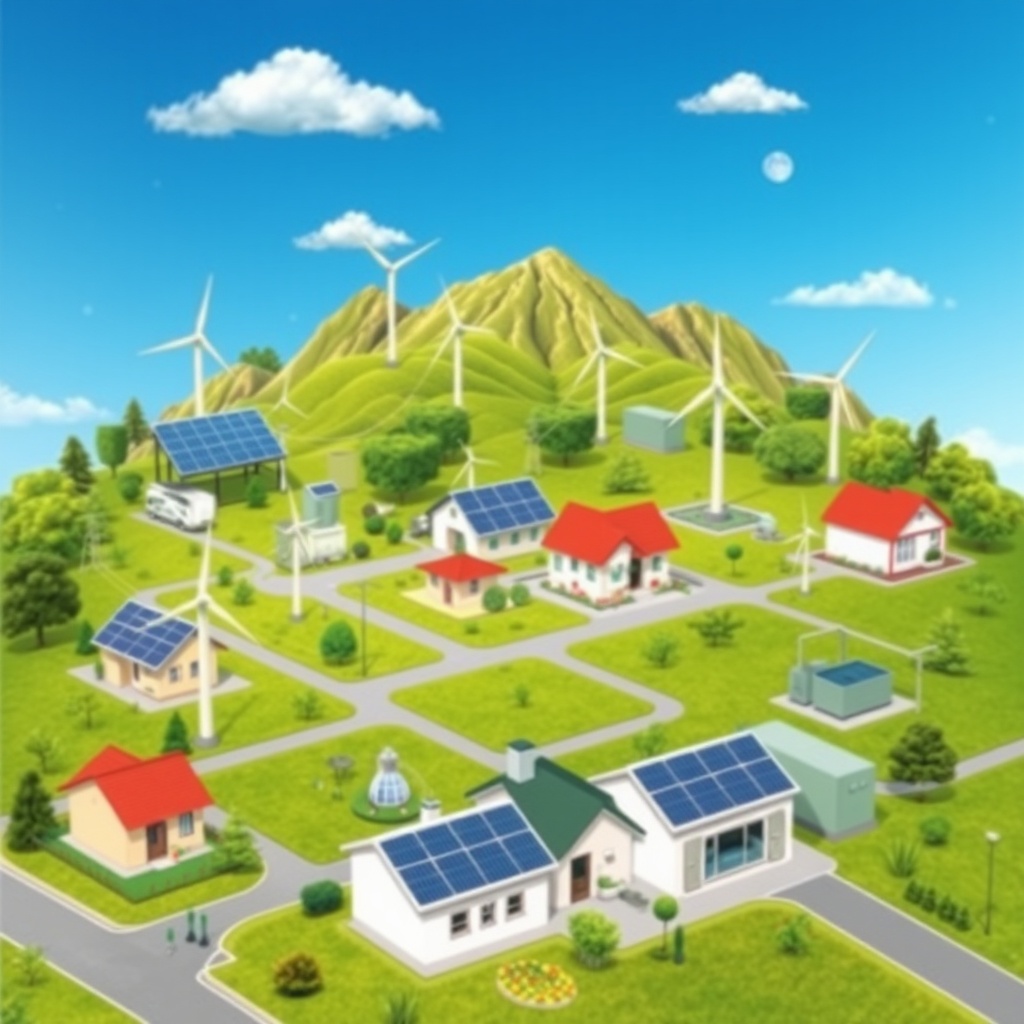
Blockchain technology stands out as a transformative force in the management of DERs. By providing a secure, transparent, and tamper-proof ledger, blockchain facilitates peer-to-peer energy trading and enhances data integrity across decentralized energy networks. This technology empowers consumers and producers alike, allowing for greater engagement in energy markets and fostering a decentralized energy economy.
Incorporating blockchain into the management of DERs can streamline various processes, such as transactions, audits, and regulatory compliance. Furthermore, smart contracts can automate operations, reducing the need for intermediaries and enhancing the efficiency of energy exchanges.
Implementing decentralized systems for managing DERs offers a multitude of advantages that can significantly enhance energy efficiency and reliability. Below is a list of key benefits:
- Enhanced Reliability: Decentralized systems reduce single points of failure, increasing the overall resilience of the energy grid.
- Improved Efficiency: Localized energy production and consumption minimize transmission losses and optimize resource utilization.
- Consumer Empowerment: Individuals gain greater control over their energy use, fostering a sense of ownership and responsibility.
- Scalability: Decentralized systems can be expanded and adapted more easily to accommodate new DERs as technology evolves.
- Environmental Sustainability: Increased use of renewable energy sources contributes to lower carbon emissions and a smaller ecological footprint.
These benefits underscore the importance of advancing decentralized systems in the context of the global transition toward a sustainable energy future.

